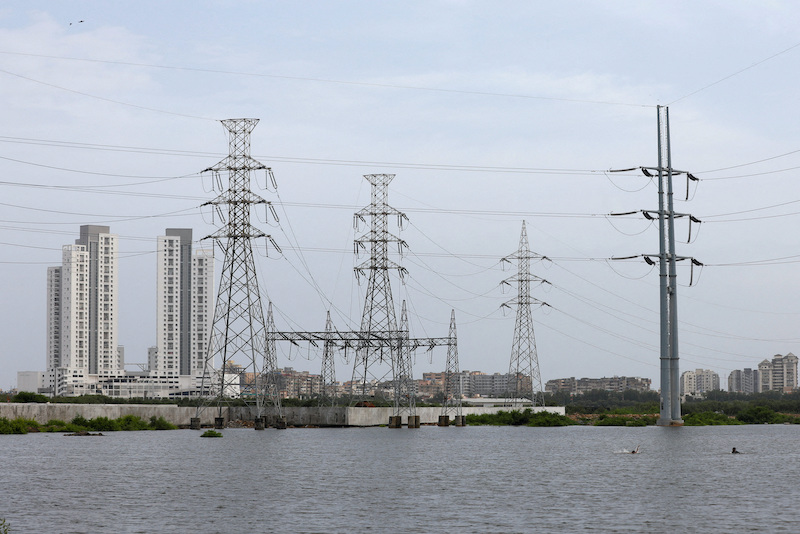Pakistan and China have signed a $4.8-billion deal to build a 1,200-megawatt nuclear power plant, Prime Minister Shehbaz Sharif announced this week.
The agreement is one of two major moves that the debt-laden Asian nation has been focused on lately. It is also in talks with the United Arab Emirates that would allow Abu Dhabi to take control of Karachi port in exchange for emergency funds.
Work on the Chashma 5 project would begin immediately, Sharif said on state-run news channel PTV on Tuesday following the signing of the memorandum of understanding (MOU) between China National Nuclear Cooperation and Pakistan Atomic Energy Commission.
“Investment from China in this project to the tune of $4.8 billion sends a message loud and clear that Pakistan is a place where Chinese companies and investors continue to show their trust and faith,” Sharif said.
ALSO SEE:
World Bank Should Add Disaster Clauses to Debt Deals: Yellen
The Chashma 5 project will be built in the central province of Punjab. China’s support will help Pakistan make the transition away from reliance on fossil fuels.
Pakistan’s total nuclear energy production capacity rose, when the country’s sixth nuclear power plant opened two years ago. Located in the southern port city of Karachi, that 1,100 mw plant was also constructed with Chinese assistance.
It is unclear whether the new investment is part of the $65 billion that China has pledged in infrastructure building for Pakistan under its Belt and Road Initiative.
The new project was originally planned to start a couple of years ago, and Sharif expressed thanks to the Chinese side for not rescheduling costs despite the long delay.
Talks on UAE taking over Karachi port terminals
Meanwhile, Pakistan is reportedly planning to hand control of port terminals at Karachi to the UAE, according to the Express Tribune, which said a committee was set up on Monday to close the deal between the Karachi Port Trust (KPT) and the UAE government.
Finance Minister Ishaq Dar chaired a meeting of the Cabinet Committee on Inter-Governmental Commercial Transactions on Monday to discuss the arrangement.
Local media outlets said the committee would finalise a framework agreement covering operations, maintenance, investment and development with an agency nominated by the UAE.
Abu Dhabi Ports, which owns and operates 10 ports and terminals in the UAE, had reportedly shown interest in the KPT.
It is not known how much Abu Dhabi Ports or another agency would be prepared to pay for Karachi’s port facilities.
The country, which was rocked by a massive flood last year, has also been working to restructure its bilateral debts while trying to get a bailout from the IMF.
- Reuters with additional reporting and editing by Jim Pollard
ALSO SEE:
Pakistan Pays For Discounted Russian Crude Oil in Yuan
IMF Working on Bailout to Avoid Economic Collapse in Pakistan
Pakistan Kicks Off Talks With IMF on Crucial Funding Package
Pakistan Claims ‘Lessons Learned’ From Nationwide Power Cut
UN Chief Urges ‘Massive’ Support to Help Pakistan Rebuild
China to Continue Support For Debt-Laden Pakistan, Says Xi
























